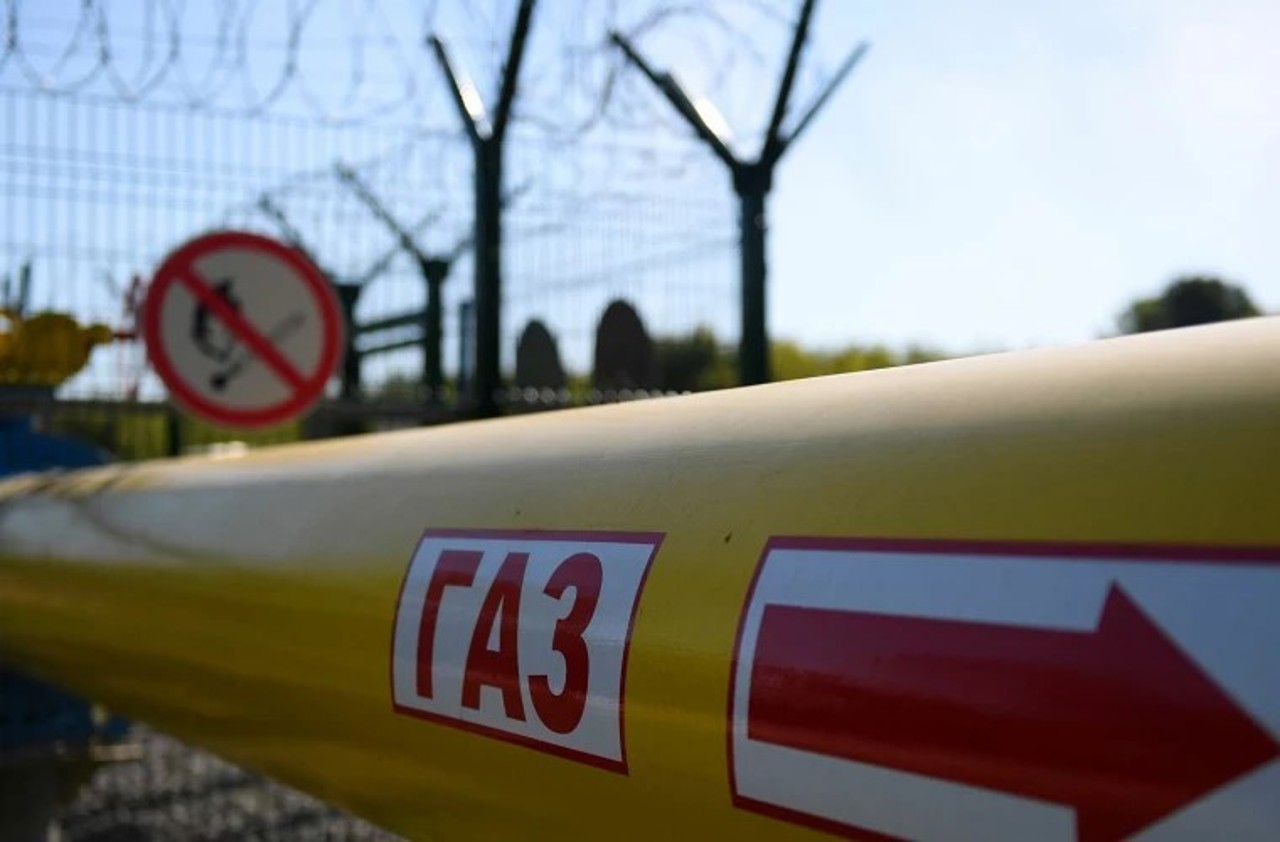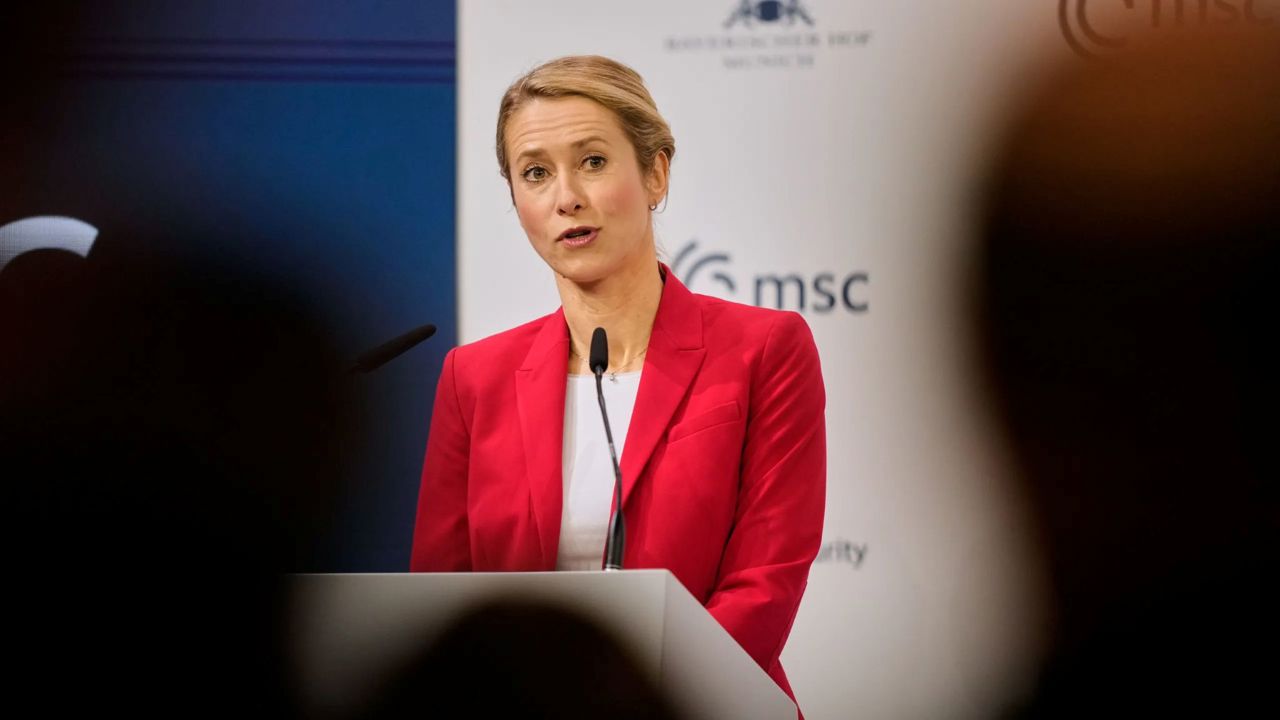Energy crisis in Transnistria: Russia’s role and EU gas
The recently signed framework contract between Natural Gaz DC and Tiraspoltransgaz has sparked controversy, as it was concluded without consulting Moldovagaz, despite Tiraspoltransgaz being its subsidiary and holding debts of approximately $9 billion to the parent company.

Additionally, the Energy Community has denied claims made by Arcadie Vicol, co-owner of Natural Gaz, regarding an alleged coordination of the agreement with the organization’s Secretariat. According to sources cited by the publication Kommersant, the natural gas intended for the Transnistrian region could be purchased on European markets with support from Russia.
Vadim Ceban, the interim Chairman of Moldovagaz’s Board of Directors, stated on TV8 that the situation is unusual and requires clarification. “It is unusual, considering that any such agreement should have been coordinated with the company’s founder. We will seek clarification to understand the terms of this contract,” Ceban stated.
He also noted that Tiraspoltransgaz owes approximately $9 billion to Moldovagaz and that, under current legislation, the supplier cannot be changed until these debts are settled. “We are facing a challenging situation. On the one hand, the framework contract appears to be a commercial agreement, but on the other hand, there are legal procedures that must be followed,” he added.
Furthermore, while Moldovagaz and Tiraspoltransgaz are exempt from VAT on natural gas imports, the contract between Natural Gaz DC and Tiraspoltransgaz includes VAT payments. Arcadie Vicol remarked that “its implementation would bring in approximately 3 million lei per day to the national budget in taxes (VAT and other levies), marking the first time such payments would be made for natural gas deliveries to the Transnistrian region.” According to Ceban, this raises questions about the economic feasibility of the arrangement.
In response, Vicol denied the public accusations and asserted that the agreement complies with national legislation and the directives of the European Energy Community. “This contract outlines the provision of natural gas from the European Union to the Transnistrian region under regulated and transparent commercial conditions,” Vicol stated.
The Energy Community, however, refuted Vicol’s claims that the contract had been coordinated with its Secretariat. “The Energy Community does not intervene in market arrangements and does not endorse supply contracts,” representatives of the organization clarified.
Later, in a phone conversation with Teleradio Moldova, representatives of Natural Gas stated that the Energy Community “was fully informed about this contract, and all principles within it were communicated to them.”
It should be noted that Natural Gaz DC and Tiraspoltransgaz, a company affiliated with the Russian conglomerate Gazprom, signed the framework contract for the supply of natural gas to the Transnistrian region on Tuesday, January 14. The natural gas is expected to be purchased on European exchanges, requiring Transnistria to pay the full market price for the first time.
According to Kommersant, the gas intended for the Transnistrian region will be procured from European markets through a partner company, with costs estimated at approximately $164 million for the period from January to April. These expenses are expected to be covered by the Russian Federation’s budget. This arrangement would bypass complex routes like the Turkish Stream or Trans-Balkan pipelines, which require additional agreements with multiple countries.
A company on the right bank of the Dniester has reportedly signed a contract with Tiraspoltransgaz to supply natural gas sourced from European exchanges.
Since January 1, the Russian conglomerate Gazprom has suspended natural gas deliveries to the Transnistrian region, resulting in widespread disruptions to gas, hot water, and heating services across most localities.
Experts suggest that the current energy and social crisis in the left bank of the Dniester has been deliberately orchestrated by the Russian Federation as part of a broader strategy to destabilize Moldova ahead of this year’s parliamentary elections. The situation could be exploited to gain political leverage, with the opposition potentially positioning itself as “saviors” in the eyes of the electorate.
Translation by Iurie Tataru






